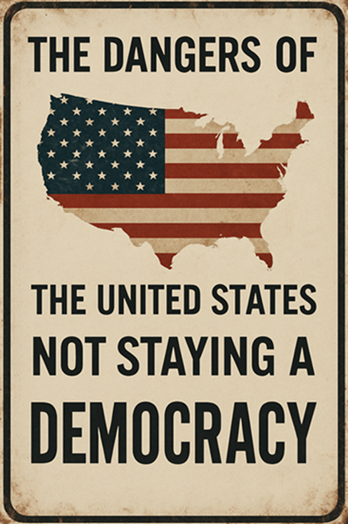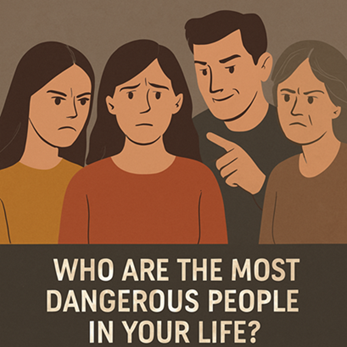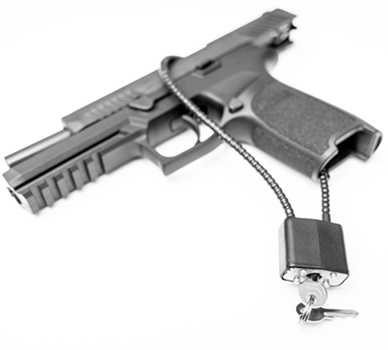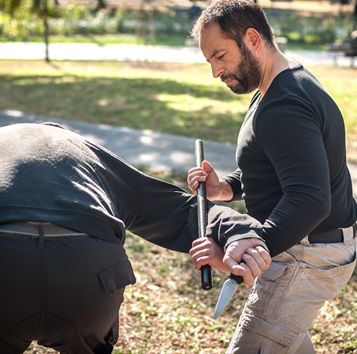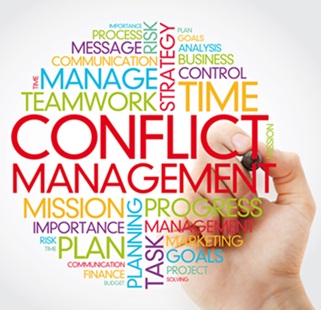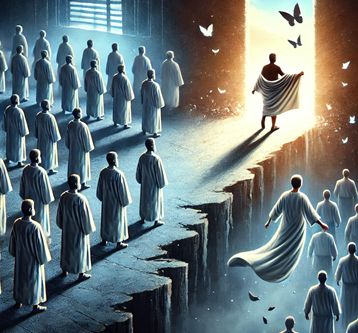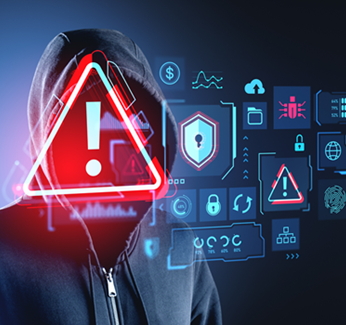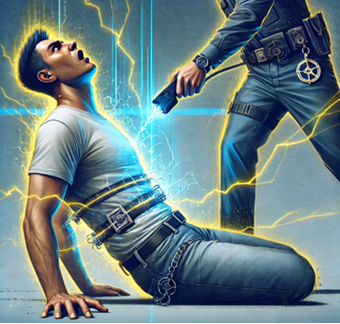The Dangers of the United States Not Staying a Democracy
 The United States has long prided itself on being a beacon of democracy. With a Constitution rooted in principles of freedom, checks and balances, and government by the people, it has served as a model for aspiring democracies worldwide. But in recent years, a growing number of scholars, political observers, and everyday citizens have expressed concern that American democracy is under threat.
The United States has long prided itself on being a beacon of democracy. With a Constitution rooted in principles of freedom, checks and balances, and government by the people, it has served as a model for aspiring democracies worldwide. But in recent years, a growing number of scholars, political observers, and everyday citizens have expressed concern that American democracy is under threat.
What happens if the United States ceases to function as a true democracy? This is not a theoretical exercise or a distant fear—it is a real and present danger. If democracy in the U.S. erodes significantly or collapses, the consequences would be far-reaching, not just domestically but globally. This article explores the critical dangers that arise when the U.S. veers away from its democratic foundations.
I. Understanding Democracy and Its Importance
At its core, democracy is about power resting in the hands of the people. It involves:
-
Free and fair elections
-
The rule of law
-
Civil liberties
-
Freedom of the press
-
Separation of powers
-
Checks and balances
-
Peaceful transitions of power
These elements are not just procedural—they are essential for preserving justice, equality, and national stability. When any of these democratic pillars are weakened, the entire system begins to tilt toward authoritarianism, oligarchy, or chaos.
II. Historical Context: Democracies Can Fail
Democracy is not invincible. History shows us that even strong democratic institutions can crumble from within.
-
Weimar Republic (Germany): A democratic state that collapsed and gave way to Hitler’s Nazi regime.
-
Venezuela: Once considered one of Latin America's most stable democracies, it descended into authoritarian rule under Hugo Chávez and Nicolás Maduro.
-
Turkey, Hungary, Poland: Democracies that have seen serious democratic erosion in the 21st century under elected leaders who consolidated power.
These examples underscore the reality that democracies can die not only from coups but also from a slow, internal corrosion often aided by democratically elected leaders.
III. Warning Signs of Democratic Backsliding in the U.S.
Over the past two decades, the United States has exhibited several warning signs of democratic decline:
1. Erosion of Norms
Many political norms that undergird the U.S. system have been challenged. For example:
-
Undermining the legitimacy of elections.
-
Using executive power to circumvent Congress.
-
Politicizing the Department of Justice.
-
Disregard for truth and factual discourse.
2. Attacks on the Press
Freedom of the press is critical for accountability. When leaders label the media as “the enemy of the people” or attempt to discredit journalism wholesale, it erodes one of democracy’s core institutions.
3. Partisan Gerrymandering and Voter Suppression
Manipulating district lines and passing laws that disproportionately impact marginalized groups' ability to vote weakens representative democracy.
4. Hyperpolarization
When political opponents are seen as enemies rather than rivals, compromise becomes impossible. This leads to gridlock, extremism, and civil strife.
5. Disinformation and Conspiracy Theories
Widespread belief in false narratives, especially when amplified by political figures and media outlets, distorts reality and undermines informed citizenship.
6. Weakening of Checks and Balances
Attempts to undermine independent institutions—like the judiciary, intelligence community, and election systems—threaten the separation of powers essential to democratic governance.
IV. Potential Consequences if U.S. Democracy Falters
Should the United States continue on a path away from democratic governance, the consequences would be devastating across multiple dimensions:
1. Loss of Civil Liberties
In an authoritarian system, freedoms such as speech, protest, and privacy are severely limited. Dissent may be criminalized, surveillance may be expanded, and institutions like the FBI could be weaponized to target political opponents.
What begins as rhetoric can quickly translate into repression. For example:
-
Peaceful protests being met with force.
-
Journalists arrested or intimidated.
-
Books and academic materials banned or censored.
2. Undermining the Rule of Law
A cornerstone of democracy is that no one, not even the president, is above the law. In a system where the rule of law is weakened:
-
Political allies are shielded from prosecution.
-
Enemies are selectively targeted.
-
Legal institutions become tools of revenge or control.
This leads to a system of arbitrary justice—one in which fairness and consistency are replaced by favoritism and fear.
3. Economic Instability
Stable democracies attract investment, foster innovation, and create an environment conducive to long-term economic growth. A decline in democratic institutions leads to:
-
Increased corruption.
-
Decreased investor confidence.
-
Weakened rule of contract law.
Over time, this would harm small businesses, disrupt markets, and reduce global confidence in the U.S. economy.
4. Social Unrest and Division
Without democratic mechanisms to resolve disputes and express dissent, societies tend to fracture. When people feel they have no voice, they resort to protest, civil disobedience, or even violence.
The rise of extremism on both the far right and far left can be seen as a symptom of declining faith in the system. If democratic solutions appear impossible, extremism becomes appealing to those desperate for change.
5. Global Power Vacuum and Geopolitical Chaos
The United States plays a key role in global leadership, promoting democratic values and serving as a counterweight to authoritarian powers like China and Russia.
If the U.S. abandons democracy:
-
It loses moral authority.
-
Allies may turn elsewhere.
-
Autocracies may feel emboldened to expand their influence.
This could trigger a new era of global instability where authoritarian regimes dominate international institutions and values like human rights are disregarded.
6. Permanent Loss of Trust in Institutions
Once trust is lost, it is incredibly hard to rebuild. Citizens may no longer believe in elections, courts, or the media. The result? Widespread apathy, cynicism, and disengagement.
Democracies require civic participation. Without it, corruption thrives and authoritarianism becomes the default.
V. Who Benefits from the Death of U.S. Democracy?
Not everyone is harmed in an undemocratic system—some actively benefit:
-
Authoritarian leaders gain unchecked power.
-
Oligarchs and corporations gain influence over policies and tax codes.
-
Foreign adversaries benefit from a weakened America.
But these gains come at an enormous societal cost. The majority lose their voice, their rights, and their future.
VI. The Role of Citizens: Democracy Is Not a Spectator Sport
Democracy doesn't die overnight. It often dies with a whimper—through neglect, disinterest, or surrender.
If we want to preserve democratic principles, it requires action from all of us:
1. Vote
Not just in presidential elections, but in state and local races too. Democracy happens at every level.
2. Stay Informed
Avoid echo chambers. Seek out reputable sources. Challenge your own biases.
3. Hold Leaders Accountable
Demand transparency and ethical behavior from elected officials. Support investigations into abuses of power.
4. Engage in Civil Discourse
Speak out, but listen too. Democracy thrives on healthy disagreement and reasoned debate.
5. Protect Institutions
Support an independent press, judiciary, and fair elections. These are the bones of democracy.
6. Support Reforms
Electoral reform, campaign finance transparency, and media literacy are all vital to preserving the integrity of the system.
VII. A Warning from History—and a Hope for the Future
If America abandons democracy, history will not be kind. The very ideals that made the country a global leader would be betrayed. Future generations could grow up under a government that no longer protects their rights or represents their voices.
But this outcome is not inevitable.
America has survived civil war, economic collapse, political scandals, and even attempted coups. The strength of democracy lies in its people. When citizens rise up—peacefully, powerfully, and persistently—change is possible.
We must remember that democracy is more than voting. It's a commitment to equality, justice, and mutual respect. It's the belief that we all matter—and that we all have a role to play.
Conclusion
The dangers of the United States not remaining a democracy are real, profound, and potentially irreversible. From civil rights erosion and economic instability to global decline and authoritarian rule, the stakes couldn’t be higher.
But democracy is not a given. It must be fought for, nurtured, and protected—every day, by every generation.
As President Ronald Reagan once said, “Freedom is never more than one generation away from extinction.” The time to act is now.
Will we rise to the challenge? Or will we become a cautionary tale for the rest of the world?
Company Info
Customer Service
Product Information
- TASER® and Stun Devices Regulations by State
- TASER® Safe Escape Product Replacement Guarantee
- TASER® Comparison Chart
- TASER® User Manuals
- TASER® Warranty Info
- Byrna Product Catalog
- PepperBall Manuals & Spec Sheets
- Pepper Spray Laws
- Air Gun Laws
- States that Restrict Automatic and Butterfly Knives
- Our Print Catalog
























